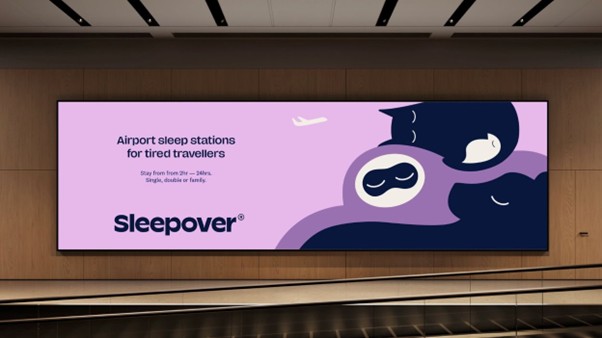USA. In a dramatic response to the COVID-19 crisis, the US government has suspended inbound travel by foreign nationals coming from the Schengen Area in Europe. The ban takes effect from midnight on Friday and will run for an initial 30 days, President Donald Trump said in a televised address last night.
President Trump has signed a Presidential Proclamation, which the government said suspends the entry of “most foreign nationals who have been in certain European countries at any point during the 14 days prior to their scheduled arrival to the United States”.
These Schengen Area countries include: Austria, Belgium, Czech Republic, Denmark, Estonia, Finland, France, Germany, Greece, Hungary, Iceland, Italy, Latvia, Liechtenstein, Lithuania, Luxembourg, Malta, Netherlands, Norway, Poland, Portugal, Slovakia, Slovenia, Spain, Sweden and Switzerland. The UK, Ireland and other non-Schengen European states are excluded.

President Trump said: “To keep new cases from entering our shores, we will be suspending all travel from Europe,” adding that “strong but necessary” measures were needed.
Department of Homeland Security Acting Secretary Chad F. Wolf said in a statement: “While these new travel restrictions will be disruptive to some travellers, this decisive action is needed to protect the American public from further exposure to the potentially deadly coronavirus.
“In January and February, the Administration issued similar travel restrictions on individuals who had been in China and Iran. That action proved to be effective in slowing the spread of the virus to the US, while public health officials prepared.”

The restrictions do not apply to US citizens, family members of US citizens or legal permanent residents.
However, Secretary Wolf added: “In the next 48 hours, in the interest of public health, I intend to issue a supplemental Notice of Arrivals Restriction requiring US passengers that have been in the Schengen Area to travel through select airports where the US government has implemented enhanced screening procedures.”
Defending the move in the Proclamation (see link above), President Trump said: “The World Health Organization has determined that multiple countries within the Schengen Area are experiencing sustained person-to-person transmission [of the virus].
“As of March 9, 2020, the Schengen Area has exported 201 COVID-19 cases to 53 countries. Moreover, the free flow of people between the Schengen Area countries makes the task of managing the spread of the virus difficult.
“The United States government is unable to effectively evaluate and monitor all of the travellers continuing to arrive from the Schengen Area. The potential for undetected transmission of the virus by infected individuals seeking to enter the United States from the Schengen Area threatens the security of our transportation system and infrastructure and the national security.
“Given the importance of protecting persons within the United States from the threat of this harmful communicable disease, I have determined that it is in the interests of the United States to take action to restrict and suspend the entry of all aliens who were physically present within the Schengen Area during the 14-day period preceding their entry or attempted entry into the United States.”
The US Travel Association, which represents the travel industry in the US, said that 850,000 international visitors from Europe (excluding the UK) entered the US in March 2019, accounting for about 29% of total overseas arrivals. These visitors spent around US$3.4 billion in the US during their stays.
President and CEO Roger Dow said: “In taking aggressive steps to protect the public against coronavirus, the US government should now consider equally aggressive steps to protect America’s workforce and employers. The public’s health is the top concern, but now the policy conversation must address the health of the economy.
“Temporarily shutting off travel from Europe is going to exacerbate the already-heavy impact of coronavirus on the travel industry and the 15.7 million Americans whose jobs depend on travel. We have and will continue to engage Congress and the administration on policy steps that are necessary to ensure that travel employers—83% of which are small businesses—can keep the lights on for their employees.”













